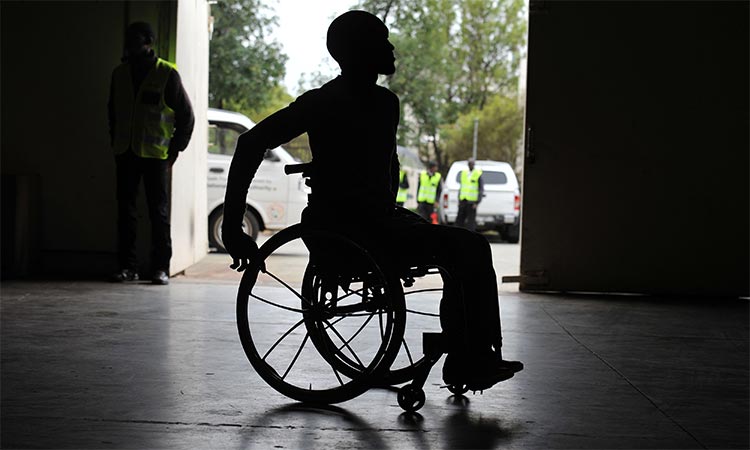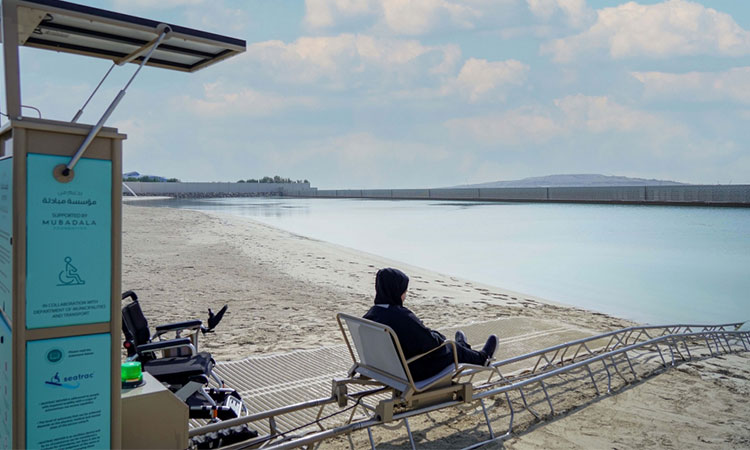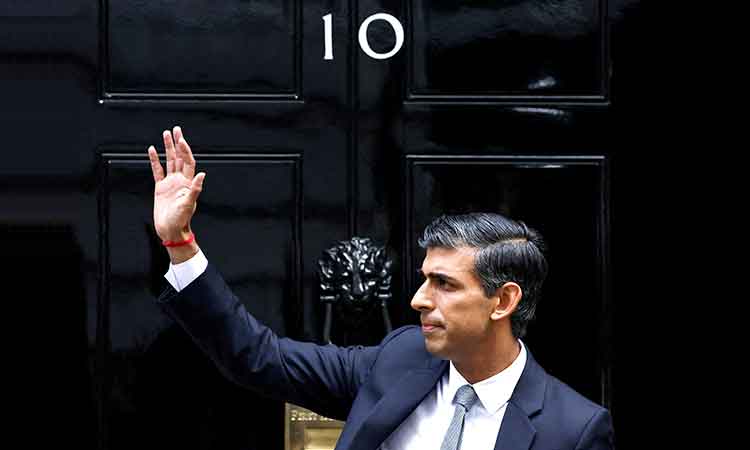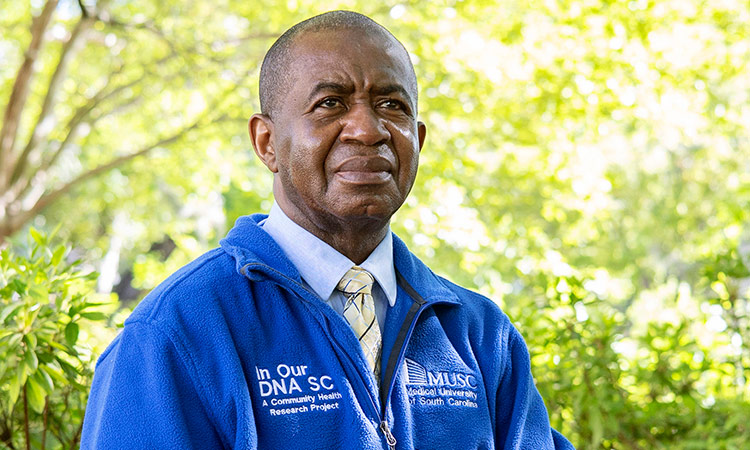Plight of differently-abled has always been ignored

Representational image.
James Moore, The Independent
You may wonder what on earth Disability Rights UK (DR UK) is doing fulminating about the Public Order Bill and its crackdown on protest. Isn’t it aimed at youthful green activists, blocking roads and bridges? Actually, it wasn’t so very long ago that it was people in wheelchairs who were spearheading “direct action”. The charity references organisations such as the differently-abled people’s Direct Action Network (DAN); which, it says, “literally won us rights and changes to legislation with direct action when the government of the day refused to listen to reasoned conversation”. It’s worth noting that more moderate voices also played a role in securing these rights, through talking and lobbying and letter-writing. But be assured, it took both for some very necessary reforms to be enacted. Successive governments in Britain have repeatedly ignored differently-abled people and their representatives, even when the latter have some level of public sympathy and the moral high ground. Sadly, we’re not a fashionable cause. We don’t have celebrities shouting about “disabled people’s rights” when they want to tap into the zeitgeist.
So, a certain part of the community over the years have felt moved to indulge in what I would call civil disobedience, but others might describe it as “outrageous yobbery” or “vandalism”. One notable incident was the throwing of red paint over Downing Street’s gates during a protest against the Blair government’s welfare reforms, which included the idea of introducing a means test for Disability Living Allowance. That benefit was designed to cover the extra costs imposed upon differently-able people regardless of income, something it only partially succeeds in doing (an example: I was recently quoted more than £5,000 for a new wheelchair). The idea was dropped until the Tories came up with the Personal Independence Payment (PIP). We could have done with some red paint then, too. The DAN’s activities led to some moments of dark comedy. On one occasion, the Metropolitan Police tried to arrest some of its members, only to unarrest them when someone woke up to the headache of trying to get wheelchair users into inaccessible police stations and then cells. Pictures of differently-abled people being manhandled by burly coppers is a very bad look for the police. Imagine the furore if they were to be shared on social media today.
The DAN was fierce. Its members didn’t always play nice with campaigners of a less militant mindset, but in retrospect, its direct action activities are, to my mind, something to be grateful for.
“If these proposals were around then, they would have stopped disability rights from becoming a reality,” says DR UK. “A nanny state ‘for the greater good’ approach to peaceful disruptive protest feels like a slippery slope to totalitarianism. To deny the right to protest in this way is to deny a voice to the 14 million differently-abled people in Britain who still face an uphill fight for rights, equity and to be recognised as having valid lives.”
That hill is terribly steep. I was reminded of this twice in the last month, when I was abused on the street, first for the sin of using a wheelchair to get home after an event at which I had already experienced a more subtle form of discrimination – and then for the purposes of exercising.
“Wheelchair,” said one. “Watch where you’re bleedin’ going in that thing,” said another. I was, he wasn’t. In a previous column, I wrote about the failures of Brighton – usually inclusion central – when it comes to accessibility. In the last year, I have also covered York’s Lib Dem/Green coalition council cutting off the city centre to disabled residents; and have turned the spotlight on Labour’s Waltham Forest council and the sneaky fines imposed on blue badge holders. This is an all-party problem. So, yes, there is absolutely a place for radical people and radical methods when it comes to disability rights. How else can we make ourselves heard? According to the Disability News Service, the DAN is back. We may yet see pictures of differently-abled people engaged in direct action emerging on social media. It won’t reflect at all well on the government if the act results in the imposition of outsized penalties. Perhaps it’s time for the government to start listening to people, before that happens.







